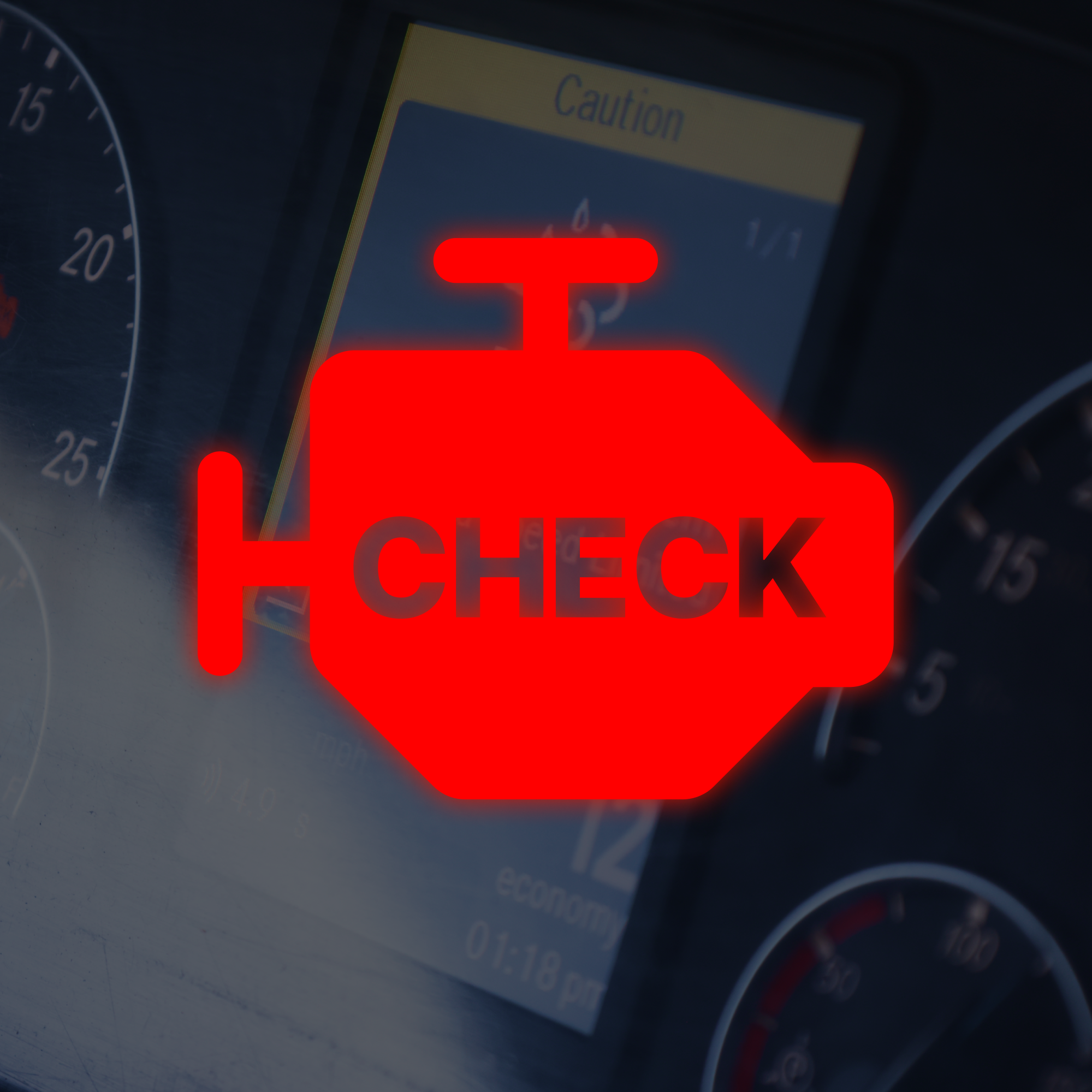With the current situation going on in the world, some may be finding themselves shutting down their trucks due to lower product demand or for their own health. At other times you may need to properly store your truck because you are going on a vacation or you will be driving another truck.
When your vehicle is in storage for longer periods of time you may need to take additional steps to ensure you don’t have a breakdown after you start operating again. Whatever the case may be you need to properly prepare your truck for downtime. In this blog post, we will be sharing our insight on how downtime affects your truck(s) and what you can do to make sure that when you come back to it you aren’t facing any issues.
1st Tip: Change oil, add fuel stabilizer
The lifeblood of your truck is the fluid systems. Assuming you are not lucky enough to store your truck in a climate-controlled facility, the truck is going to see a wide variety of temperatures. Between the day and night and possibly even through season changes, your truck will take a toll as it sits there.
Condensation builds up and damages the quality of the fluids in the truck. Fuel if not properly stabilized goes bad and corrosion can set in the cooling system.
To prevent this damage go through and change and flush all the fluids with fresh ones right before you park it.
Also, do a fresh oil change, a coolant flush, top off the fuel tanks, and add stabilizer. I would even suggest replacing your water/fuel filters to ensure condensation does not build up over time.
2nd Tip: Hookup trickle charger if possible or use main shut off switch
Now, it’s also important to know that even though your truck won’t be running the electrical system will still be active.
There may be tiny draws but over time they can run the battery capacity down, leaving you with no power to start the truck back up when that time comes again.
You can prevent this by hooking up a trickle charger. Good quality trickle chargers are fairly inexpensive. They monitor and maintain a consistent charge in your truck's batteries while using very little energy.
One of my favorite brands is Ctek – they are top-notch and do an excellent job.
Ctek carries multiple options, so you can find one at a price point that works for you.
Here are our top 3 picks:
If you have the main power shut off switch that some trucks have installed it would be best to shut that off so that it constrains the draining of the batteries. You should still keep your batteries charged up with a trickle charger to ensure you don’t have issues when taking the truck out of storage.
You can even take your batteries off your truck and use a trickle charger at home if you don’t have power in the yard.
Here is a sample video of how to remove batteries:
3rd Tip: Drain your air tanks
Wet, Primary, and Secondary tanks need to be drained when you are storing your vehicle for long periods of time.
The water that collects from your air compressor/filter assembly can cause rust to build up. This will damage your air brake system and cause failure that can be hard to trace. There should be cables that you can pull to drain the water, or you can remove the plug to drain water. (*Use caution if there is air pressure!*)
4th Tip: Monitor belts, air pressure on tires, hoses, rusty clamps, airbags
Another thing to consider is to go over any basic maintenance items such as belts, air pressure on tires, hoses, airbags, etc. Any rubber or similar material can dry rot while sitting.
If these maintenance parts are already in questionable shape it would be a good idea to purchase these extra parts and replace them before the times comes for you to get moving again.
I would also suggest making sure you don’t have any air leaks in your tires and to make sure they are filled to the specifications of the manufacture.
5th Tip: Clean your vehicle before it’s put in storage
This is something that is often overlooked, but still important. I highly recommend doing a thorough job of cleaning the truck inside and out.
Do a good hand wash over the entire truck and ideally put a fresh coat of wax. Any dust, debris, etc. will not stick to the paint, and it offers a protective coat so that nothing should damage the paint.
Beyond that spraying something like wd40 and wiping it on the frame rails and other parts of the truck will prevent rust from setting in while the truck is not in use.
For the inside of the truck do a good, deep clean, and armor all type product will protect the interior from sun damage.
Bonus Tip: Take pictures or videos of your truck
This is so important to do! If you are leaving the vehicle in a storage yard make sure you snap a picture of all sides of your truck. You can even video record all sides of the vehicle just in case your vehicle gets damaged. This way you’ll have proof that the damage occurred in the storage facility when you need to make an insurance claim for the damage.
Theft is also something to keep in mind. You can put a lock on the battery shut off or somewhere else where you can prevent theft from occurring.
Storing your truck for downtime can make you feel worried, however, with these tips, you can put your mind at ease that when the time comes for you to get back on the road knowing your truck is ready for you.
Until next time 👋
Stay safe, stay healthy, and be blessed!





What Happens to Your Aftertreatment System (DOC/DPF/SCR) When it Gets Contaminated With Fuel, Oil, or Coolant?
What is OTR Diagnostics?